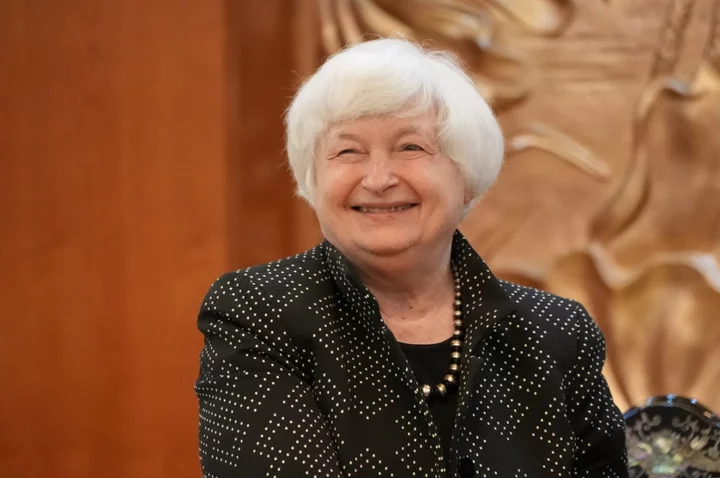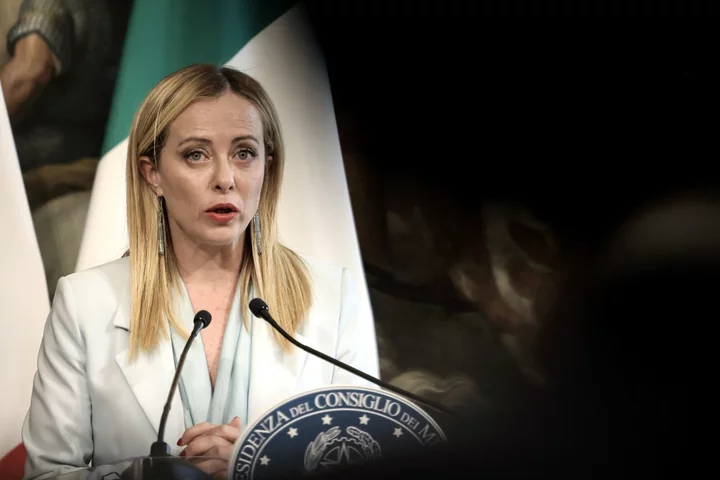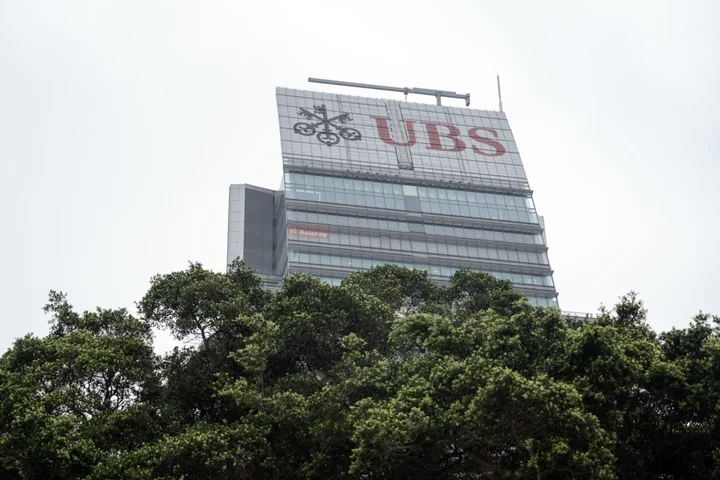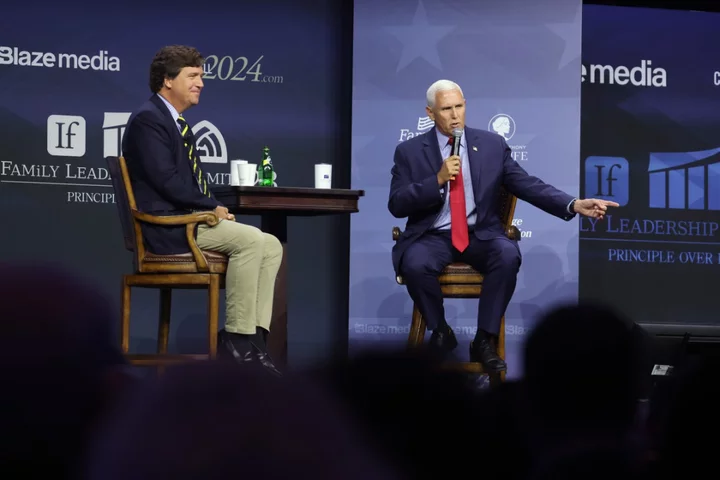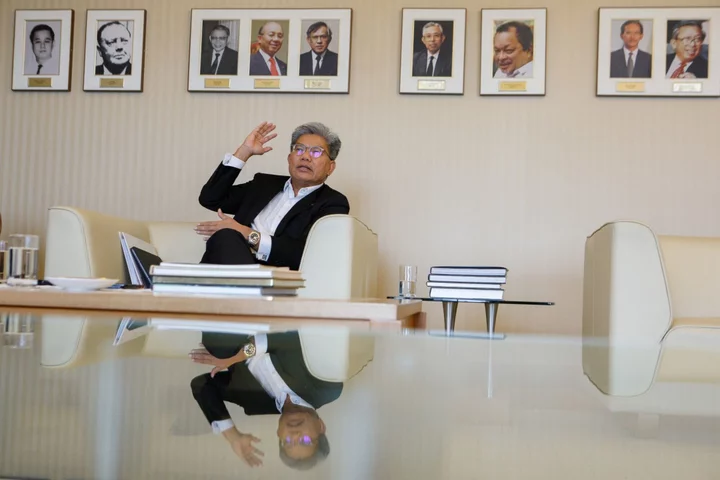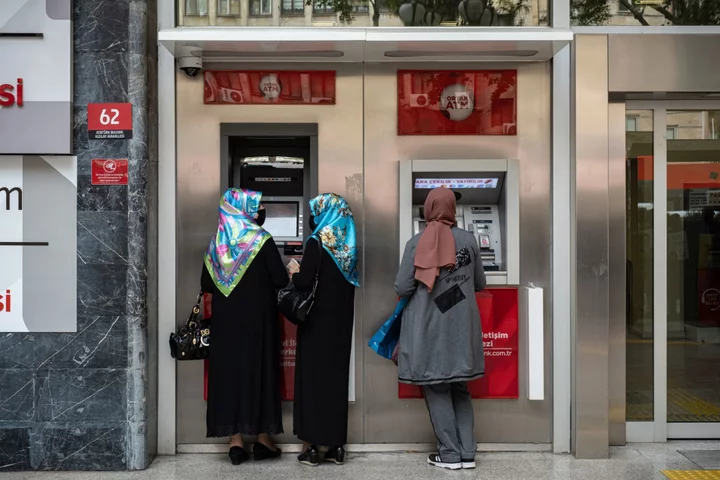Reforms are needed in Nigeria to increase competition and reduce the ability of large and dominant firms to dictate the cost of goods and services in Africa’s most populous nation, a central bank official said.
The low level of competition “tends to stifle the efficacy of monetary policy instruments to stabilize prices,” Kingsley Obiora, deputy governor in charge of Economic Policy at the Central Bank of Nigeria said in a paper published this week on the Social Science Research Network. The article studied 151 companies listed on the Nigerian stock exchange to ascertain the impact of their operations on inflation.
The companies operate as oligopolies in 10 industries including agriculture, real estate, financial services, healthcare, oil and gas and services, with the top three or top five firms controlling more than 60% of market share in each sector. That enables price manipulation, according to the paper.
The exception is the insurance sector, where the market leader controls about 23% of sales, with the rest having nearly equal market share, it said.
Nigeria’s annual inflation rate climbed to an 18-year high of 24.1% in July as transport costs and food prices surged, following the removal of a fuel subsidy and the devaluation of the naira within a month of President Bola Tinubu’s government taking over. The inflation trend pressured the central bank to raise the benchmark interest rate to a record 18.75% in July. Rates have risen 725 basis points since May last year, but inflation has persisted.
Regulatory authorities should enact reforms that create a more competitive environment to limit the negative impact of market concentration on price growth, Obiora wrote.
“Strong anti-competition measures must accompany the reforms, including pressure on compliance with anti-trust, trade, and competition laws,” he said.
The central bank will need to take a more active role in understanding market structures and promoting a more competitive business environment, according to Obiora. That would enable “a breath of fresh air to target long-term traction of inflation to a steady low rate,” he said.


